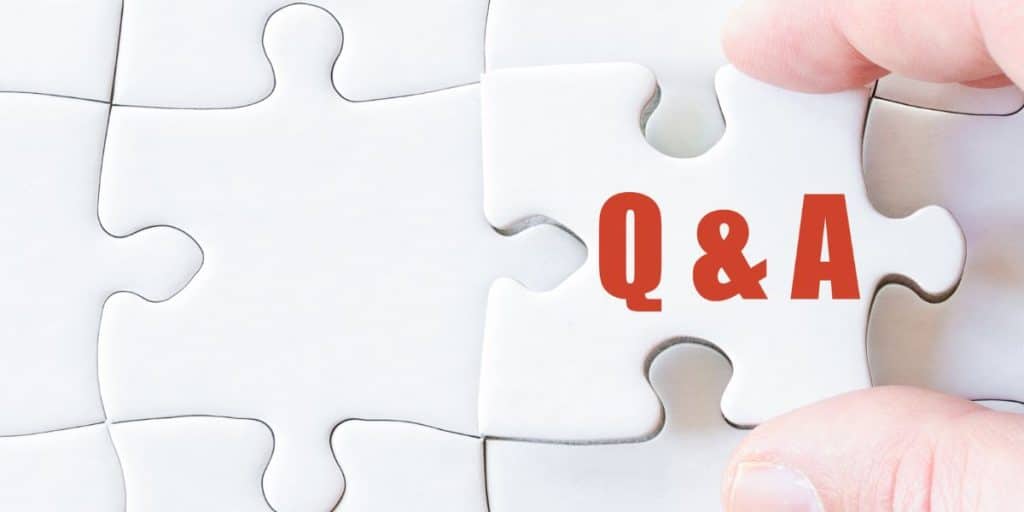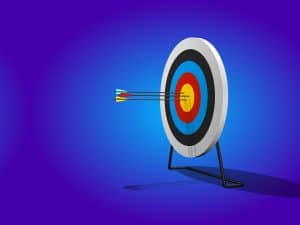What defines a good leader?
A good leader is someone who demonstrates strong communication skills, empathy, and decisiveness. They inspire and guide their team towards achieving common goals, fostering a sense of unity and collaboration. A good leader is also adaptable, able to navigate challenges with resilience, and committed to their own and their team’s continuous growth.
How can I develop my leadership skills?
Developing leadership skills involves a combination of self-awareness, learning, and practice. Start by identifying your strengths and areas for improvement. Seek feedback from peers and mentors. Engage in leadership training programs and read extensively on leadership strategies and philosophies. Practice these skills in real-world situations, reflect on your experiences, and be open to feedback.
What’s the difference between a leader and a manager?
The main difference lies in their approach and focus. Leaders inspire and motivate their team towards a vision or goal, emphasizing innovation and challenging the status quo. Managers, on the other hand, focus on executing plans, managing tasks, and ensuring their team meets its objectives. Both roles are crucial, but they require different skill sets and mindsets.
How do leaders handle conflict?
Effective leaders handle conflict by first understanding the root cause. They approach conflicts with an open mind, listen actively to all parties involved, and facilitate a constructive dialogue. Leaders seek to find a resolution that respects everyone’s perspectives and promotes a positive outcome for the team. They also view conflicts as growth opportunities, learning from each experience.
Can leadership be learned?
Yes, leadership can be learned. While some individuals may possess natural qualities that make them inclined to leadership, essential skills such as effective communication, empathy, decision-making, and strategic thinking can be developed. Through dedicated effort, feedback, and practical experience, anyone can enhance their leadership capabilities.
What role does emotional intelligence play in leadership?
Emotional intelligence is crucial for effective leadership. It enables leaders to connect with their team members on a deeper level, understand their motivations, and foster a supportive and motivating environment. High emotional intelligence helps leaders manage their own emotions and those of others, facilitating better decision-making and conflict resolution.
How do leaders motivate their teams?
Leaders motivate their teams by creating a vision that resonates with them, setting clear goals, and providing the support and resources needed to achieve these goals. They recognize and celebrate achievements, provide constructive feedback, and encourage their team to take on new challenges. Effective leaders also cultivate a positive work culture where team members feel valued and inspired.
What’s the importance of delegation in leadership?
Delegation is essential in leadership as it empowers team members, builds trust, and fosters a sense of ownership over tasks and projects. It allows leaders to focus on strategic planning and decision-making, while also helping team members develop their skills and confidence. Effective delegation involves assigning the right tasks to the right people and providing clear expectations and support.
How do leaders handle change?
Leaders handle change by being proactive, adaptable, and resilient. They communicate the reasons for change clearly and involve their team in the transition process. Leaders provide guidance and support to help their team navigate uncertainties and maintain morale. They also seek feedback and are willing to adjust their strategies as needed to ensure successful change implementation.











